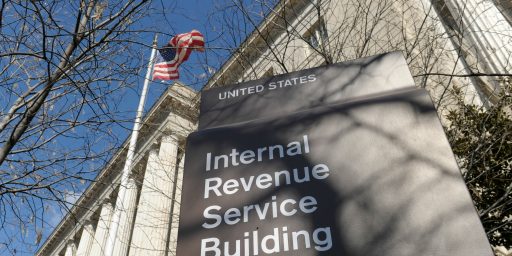Army Battles To Rebuild Iraq’s Local Services
Army Battles to Rebuild Local Services (LAT)
Scott Walton studied government history in college. The U.S. Army trained him as an armor officer. He knew nothing about water-treatment plants or electrical substations. But in his year as a cavalry company commander in Iraq, Capt. Edward S. Walton has spent as much time dealing with electrical power, sewage and garbage collection as he has fighting the insurgency. He’s now a resident expert in what the Army calls SWET — sewage, water, electricity and trash.
President Bush and Defense Secretary Donald H. Rumsfeld have spoken recently of shifting the emphasis in Iraq from combat to training the nation’s security forces. But equally important to the military effort, top commanders say, is a vast sweep of projects designed to improve the basics of day-to-day life. Soldiers such as Walton are at the forefront of a long, tedious and often frustrating endeavor. Building water-treatment plants and setting up garbage-collection routes is hardly glamorous, and work is regularly brought to a halt by insurgents. But the infrastructure projects are the third pillar of the U.S. exit strategy, along with battling insurgents and training Iraqi forces. “If all we do is combat operations and train security services, we’ll never get out of here,” said Brig. Gen. Jeffery Hammond, assistant commander of the 1st Cavalry Division, who in the last year has headed military efforts to rebuild essential services in Baghdad. “I know ISF [Iraqi security forces] is the key to the future, but it’s equally important to get these essential services going,” Hammond said. “Security without restoration of essential services — it ain’t going to work.”
[…]
Suspicion and resentment have always been the burdens of occupation forces, and troops here have struggled to convince Iraqis that their intentions are altruistic. Commanders acknowledge that the strategy is self-serving because municipal projects can promote stability and self-government, eventually enabling U.S. forces to begin leaving. “It’s a form of ammunition,” said Brig. Gen. Mark O’Neill, assistant commander of the 3rd Infantry Division, which is taking over control of Baghdad from the 1st Cavalry this month. “If you can get trash picked up, get water running, get electricity flowing, the sewers working so people’s quality of life is improving, then you have to fire fewer rounds of the other type of ammunition.”
It seems rather obvious. What is less clear is why Iraqis can’t do these jobs for themselves. Presumably, they were doing them before the war. Certainly, they will be doing them once the Coalition forces pull out. So why, given U.S. funds and materiel support, can’t they do them now?
While “Iraqification” of the security mission is vital to long term success, Iraqification of these SWET functions would not only speed up the process but provide employment and reduce the number of Iraqis with idle hands.






I think the problem with the Iraqis “doing these jobs for themselves” is that Saddam’s cronies got the ‘managerial’/CEO positions of running the sewer/electricity/water/etc with no qualifying experience to do it properly, so they ran them into the ground.
Imagine promoting a standard Engineer at your local Department of Water & Power (DWP) to managing an entire city/region. That is not something easy to do, as this kind of civil utilities have VERY long term outlook/planning, like 20+ year plans.